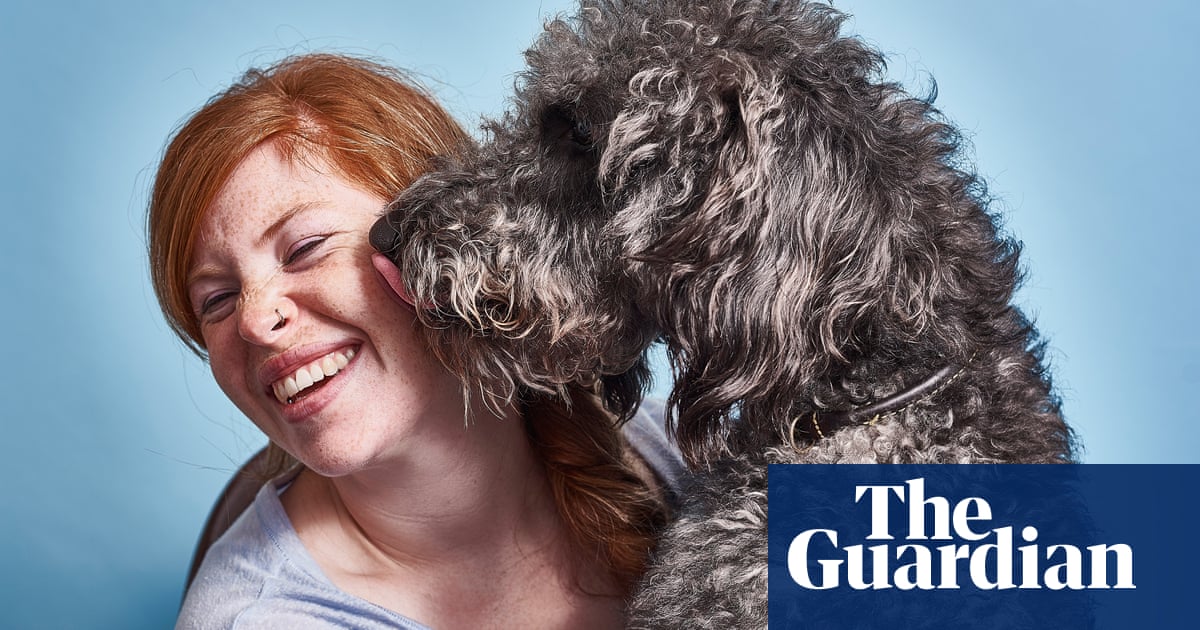https://www.englishexercises.org/makeagame/viewgame.asp?id=16107#a
http://www.xtec.cat/~ogodoy/sac/rephrasing/modalsex1.htm
https://www.englishexercises.org/makeagame/viewgame.asp?id=7826#a
Rephrasing modals 1
Rewrite the following sentences so that they have the same meaning as the original. Use modal verbs.
Taking my computer without saying a word to me was the wrong thing to do.
You………………..
It’s necessary to wear uniform to work with this firm.
You……………………………………
Perhaps Jane is in the garden now.
Jane……………………………………
It is idiot from her to take so much fat.
She……………………………………..
It was obligatory for them to knock at the door before entering.
They ……………………………….
He is definitely stressed.
He ………………………..
I don’t let my son stay out after 11.
My son ……………………….
It is good for us to practice more exercise.
We…………………………………………..
There’s a tiny opportunity for her to get that job.
She …………………………………
It wasn’t a good idea to leave the mobile on the table while she wasn’t looking.
She ……………………………………
We’re sure they will win the next election.
They …………………………..
It isn’t obligatory to knock at the door before entering.
You ………………..
It is forbidden to play any loud music after 12 at night.
You………………………………
It’s possible their parents lent them the money for their new house.
Their parents ………………………………..
Laws don’t allow young people to drive before they are 18.
Young people ………………………………………….
I’m sure that isn’t Joe; he’s much taller.
That …………………………………………………….
KEY
1. You shouldn’t have taken my computer.
2. You must wear a uniform to work with this firm.
3. Jane may be in the garden now.
4. She shouldn’t take so much fat.
5. They must knock at the door before entering.
6. He must be stressed.
7. My son mustn’t stay out after 11.
8. We should practice more exercise.
9. She might get the job.
10. She shouldn’t have left the mobile on the table while she wasn’t looking.
11. They must win the next election.
12. You don’t have to knock at the door before entering.
13. You mustn’t play any loud music after 12 at night.
14. Their parents may have lent them the money for their new house.
15. Young people mustn’t drive before they are 18.
16. That can’t be Joe; he’s much taller.









